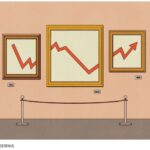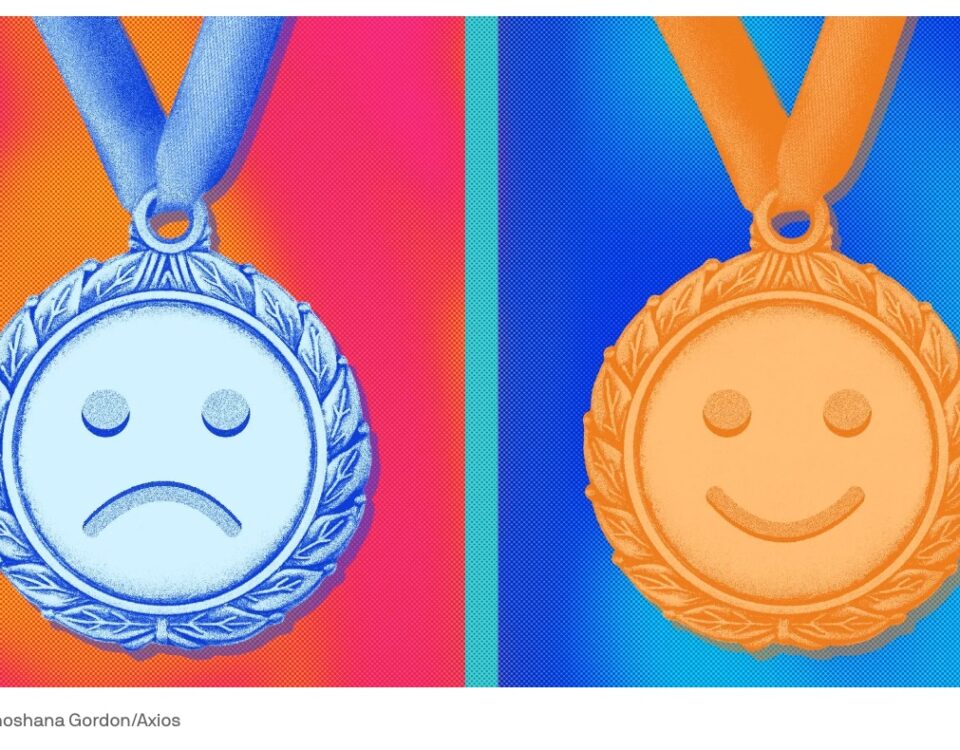
Econlife Quiz: Halloween
November 2, 2025
How Does Democratic Socialism Compare to Other Economic Systems?
November 4, 2025Rage is up.
Civility is down.
According to the 2023 results of the National Customer Rage Survey, consumers are experiencing a record high number of problems with their purchases. Also at a peak, their aggressive and angry response includes raised voices and for some, revenge.
One reason for their anger is sludge.
Sludge
Our sludge story starts with an Atlantic Magazine journalist. After his newish Ford Escape sped along the road with a locked steering wheel and no brakes, the malfunction quickly disappeared only to return the next day. Having lived to tell the tale, he tried to return the vehicle. However, as Ford explained, since they could not recreate the problem, they could not help. Or as they said, ““Look”—annoyed sigh—“we’re not going to just go searching all over the vehicle for it.”
The journalist’s next attempt took him to the Ford Customer Relationship Center where he got a case agent that said she would call him back the next day. She did not. Continuing, after that, he repeated his story. Still, calls were dropped. They did email him, but to a totally fictitious address.
As a journalist, he began interviewing others. Many said, they gave up and paid the ticket or the medical bill. Soon, he wondered if the glitches were intentional. After all, Toyota’s motor financing division was fined $60 million for a “dead-end hotline” that customers could use to cancel products and services. He also discovered that the service agents had quotas for calls answered, limited bathroom breaks, and penalties for excessive referrals to a supervisor. Indeed, you have the incentive to disconnect when your call quota needs a boost.
Ultimately his investigation led him to a customer service executive willing to say that the incentive structure was designed to create sludge.
Our Bottom Line: Incentives
Sludge is a nefarious form of what an economist would call a transaction cost. As a bad nudge, it is a time tax.
First described by Cass Sunstein and (Nobel laureate) Richard Thaler, a nudge is a good incentive from government or a business that shapes our decisions. It’s a document that requires fewer signatures and has the best option at the top. It’s a list of savings programs with the best one as the default.
By contrast, sludge is the perverse incentive that creates undesirable results for the recipient. Sludge frequently presents users with a slew of tasks before they can get the job interview or end the subscription. Saving money, perhaps, it helps the corporation.
So, where are we? Arriving at the heart of behavioral economics, we again see how incentives shape our decisions.
Below, Cass Sunstein points out that sludge can be good when our decision should slow down but mostly they have a negative impact:
My sources and more: Thanks to an always interesting 99% Invisible podcast for inspiring today’s post. From there, this Atlantic article was the perfect complement. Finally though, we wind up with the National Consumer Rage Survey.
![econlifelogotrademarkedwebsitelogo[1]](/wp-content/uploads/2024/05/econlifelogotrademarkedwebsitelogo1.png#100878)




